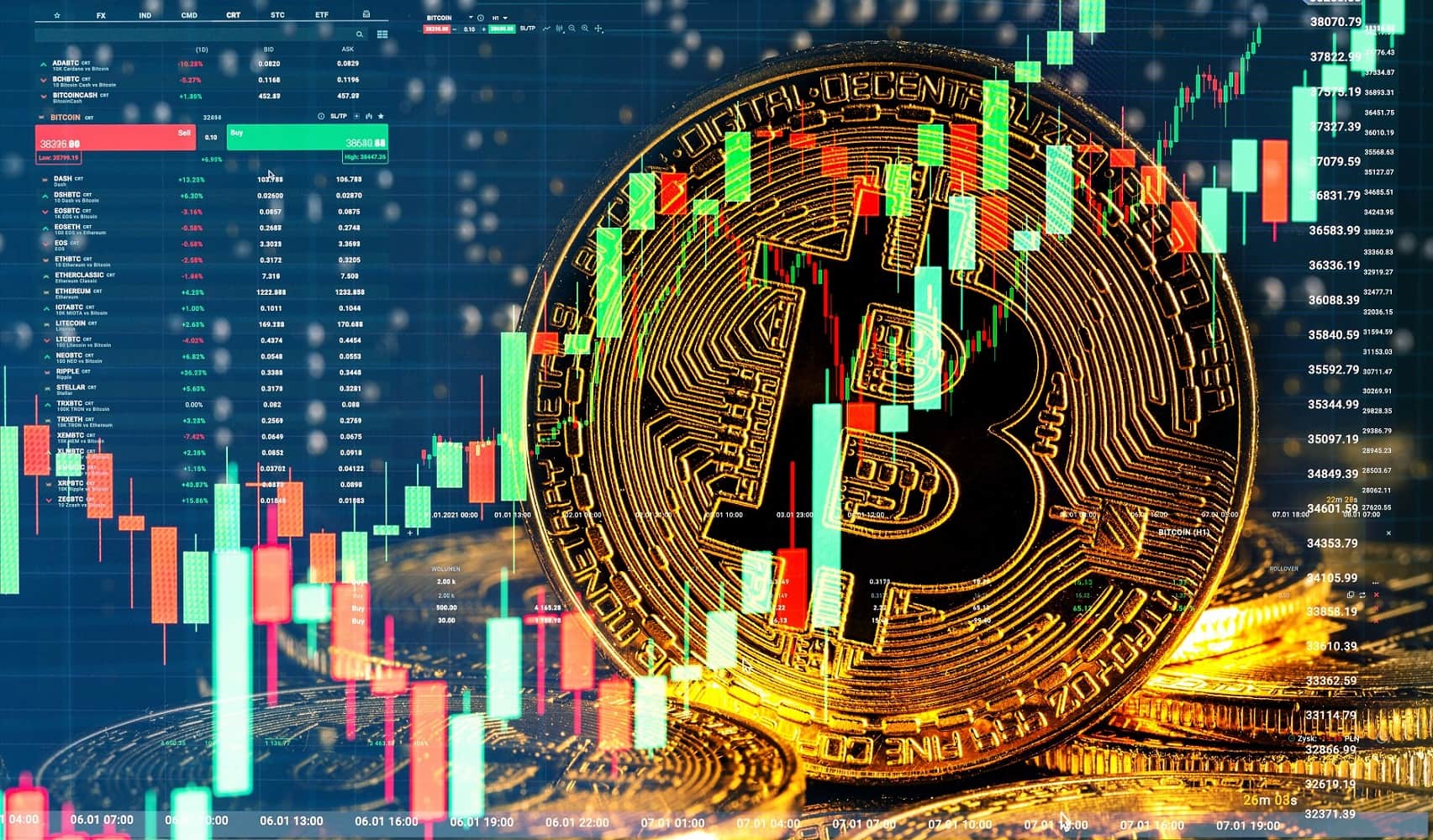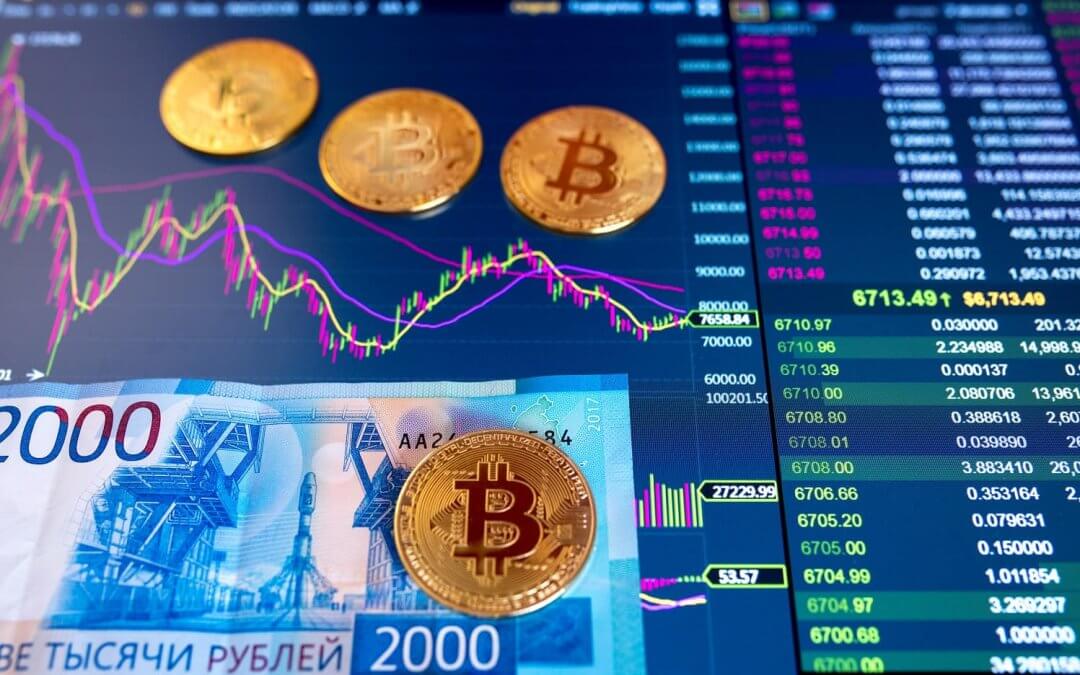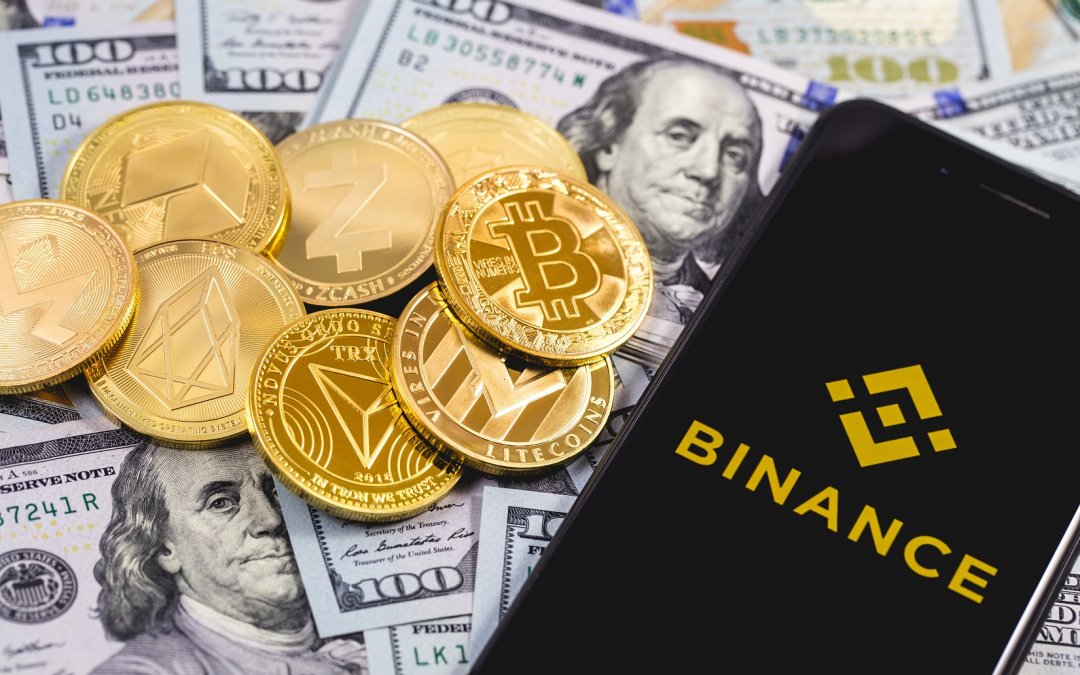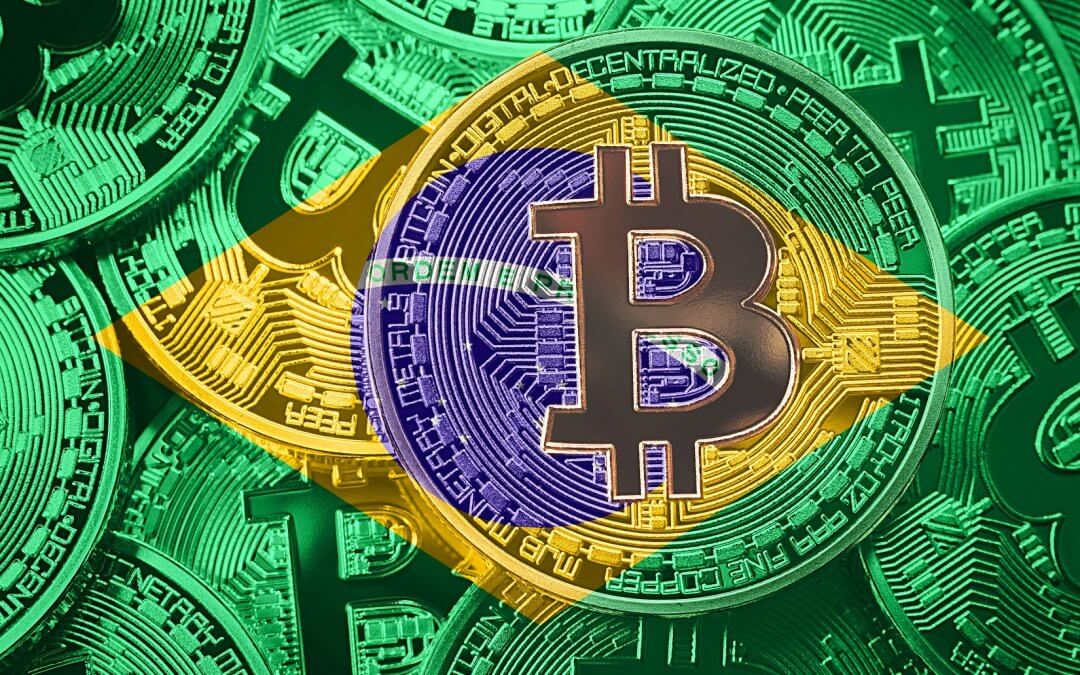In the last several years, Bitcoin has become synonymous with cryptocurrency. Since its rapid jump in popularity, the digital coin has grown to be a much-preferred investment option for people interested in unconventional market opportunities.
And while everybody has heard about Bitcoin at some point, its rival Bitcoin Cash has not reached these levels of recognizability. Despite the similarity in the names, the two are different currencies with distinct features. Further below we will explain the difference between them and evaluate their potential as an investment.
How were they created?
To better understand their differences, let’s review how they were created and with what purpose. Bitcoin (BTC) is the progenitor of cryptocurrencies. Bound with the idea of full autonomy from centralized governing bodies and institutions, its protocol intends to allow peer-to-peer transactions to occur without any external interference or dependency. The project was launched in 2009 by its mysterious founder Satoshi Nakamoto.
Eight years later, the cryptocurrency had already gained a lot of traction, and scalability problems started occurring. Due to the high daily volume, transactions were queued up as the blocks could not handle the rapid increase. Bitcoin Cash was intended as an upgrade of the original protocol, that would allow for faster transfer time by increasing the size of blocks from 1 MB to between 8 and 32MB. This would increase the number of transactions that could be executed without significant delay and return the full functionality of the network.

The Split
While there indeed were problems with Bitcoin’s transaction processing, not all of the holders supported the upgrade. This led to an event, known as ‘hard fork’, which separated the two networks. The holders, who believed that faster transaction times were necessary for the cryptocurrency to hold out long-term, went with Bitcoin Cash. The majority, though, remained loyal to the main chain and developed an alternative solution called SegWit (Segregated Witness). It helped reduce the amount of data needed for completing a transaction on the Bitcoin blockchain and assisted in increasing the transaction speed.
And while it was still significantly slower than Bitcoin Cash, it helped stabilize the network and return normal activity on the chain. As both Bitcoin and Bitcoin Cash originated from the same blockchain, they share a lot of similarities as well. The two currencies are capped at 21 million in supply and work based on a PoW (Proof-of-Work) consensus model. This means that the validation of transactions happens through a process of solving complex mathematical puzzles, commonly known as ‘mining’. Despite that, Bitcoin and Bitcoin Cash developed in different ways with different scopes of applicability and functionality.
Both cryptocurrencies exist on their own blockchains, which were developed in accordance with the needs of the users. While Bitcoin Cash is a spinoff from the original Bitcoin chain, it has a separate network on which it operates. Any upgrades made to Bitcoin Cash by its developers do not have an impact on Bitcoin and vice versa. Both Bitcoin and Bitcoin Cash have their unique user base that supports the development and functionality of the protocols.
Pros & Cons of Bitcoin
As the oldest cryptocurrency, Bitcoin has always had its particular role in developing the industry. In the past decade, the coin has seen rapid spikes in price, with its value slowly increasing over time. At present, Bitcoin is the most traded and expensive cryptocurrency on the market. What makes Bitcoin particularly tempting though is not its technology which by most standards can be called outdated – it is the solid reputation it has built over the years, the fact that this asset has survived over a decade despite the turbulence it has been through – from the biggest exchange hack in history (Mt. Gox), the split with Bitcoin Cash, its use being banned in China, etc. This cryptocurrency seems to always come out on top of the end.
On the other hand, Bitcoin still lacks transaction speed and efficiency – it can process only 4.6 transactions per second! It is not very suitable for direct purchases and requires a lot of energy consumption to provide computing power for mining.

Pros & Cons of Bitcoin Cash
Bitcoin Cash has many upgrades in its software, which were specifically introduced to the network to enable higher transaction volumes. It has great potential for scaling as a decentralized payment option, which was the intended usage of the digital currency. Currently, Bitcoin Cash can support more than 100 transactions per second. Moreover, seamless transaction processing generally means lower transaction fees for trading, which makes it more viable for user adoption.
The downsides of Bitcoin Cash are mainly connected with its popularity among community members. Compared to Bitcoin, it is valued at only a fraction of its price and hasn’t seen much development since its inception in 2017. Similar to Bitcoin, it requires significant computing power for mining on the network. There are big Bitcoin Cash holders (such as Roger Ver), which makes the cryptocurrency more susceptible to dangerous concentration of power.
Conclusion – Bitcoin vs. Bitcoin Cash?
Even though Bitcoin Cash may be utilizing an objectively better technology, it is the people who decide whether or not an asset has any value – and Bitcoin has remained the king in this rivalry due to its larger and zestful community, as well as the reputation it has built over the years. If you are interested in a long-term investment, Bitcoin might be considered more stable over time since it has earned the trust of most institutional and retail investors. Nonetheless, think carefully about which cryptocurrency you are willing to invest in and research the market thoroughly before making your final decision.
Nothing on this website should be perceived as financial, investment or trading advice. We urge you to do your own research prior to investing and we highly recommend that you consult a certified financial advisor.
Tell us what topic you’d like
Us to cover!
Our objective is to make the world of crypto more comprehensive to everyone out there







0 Comments